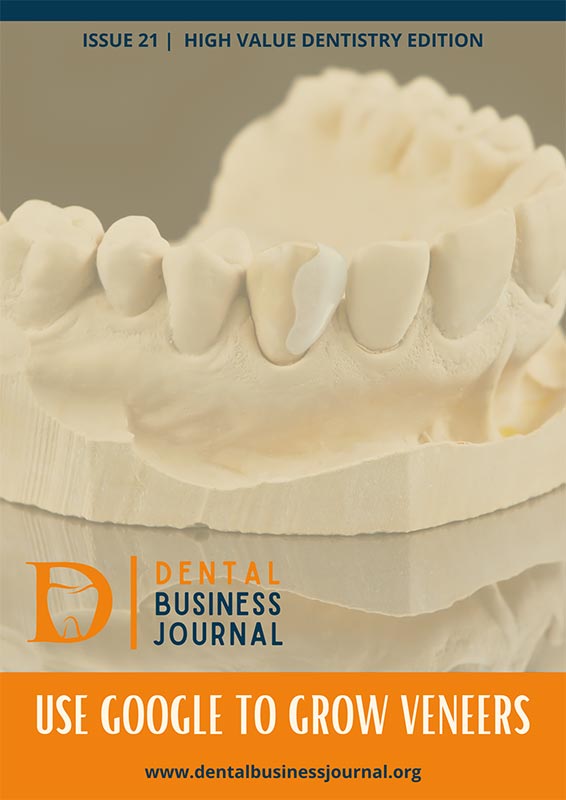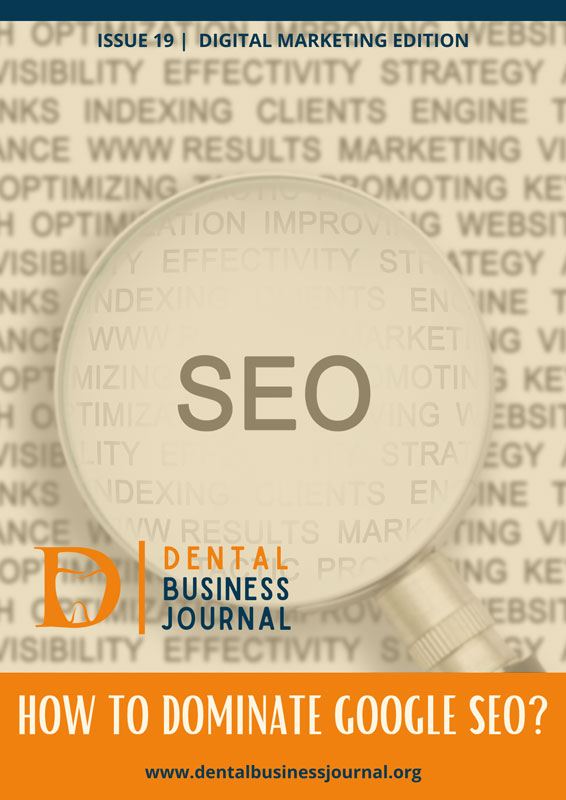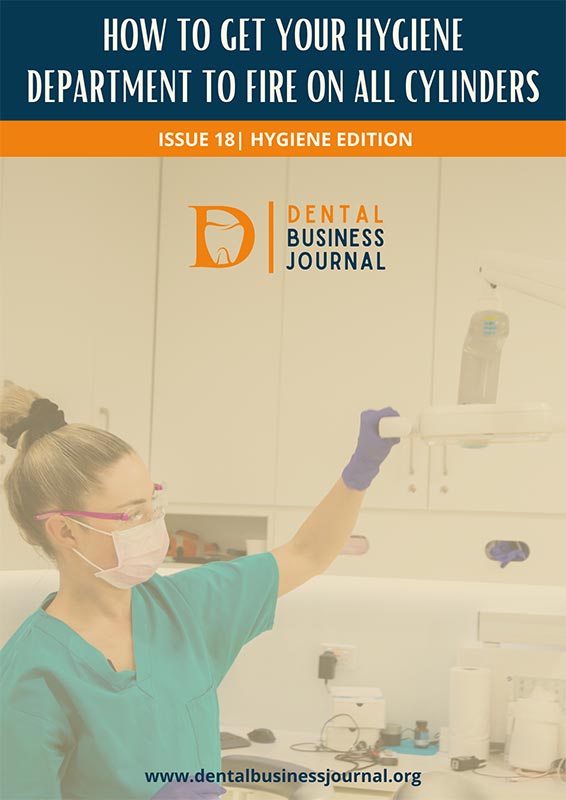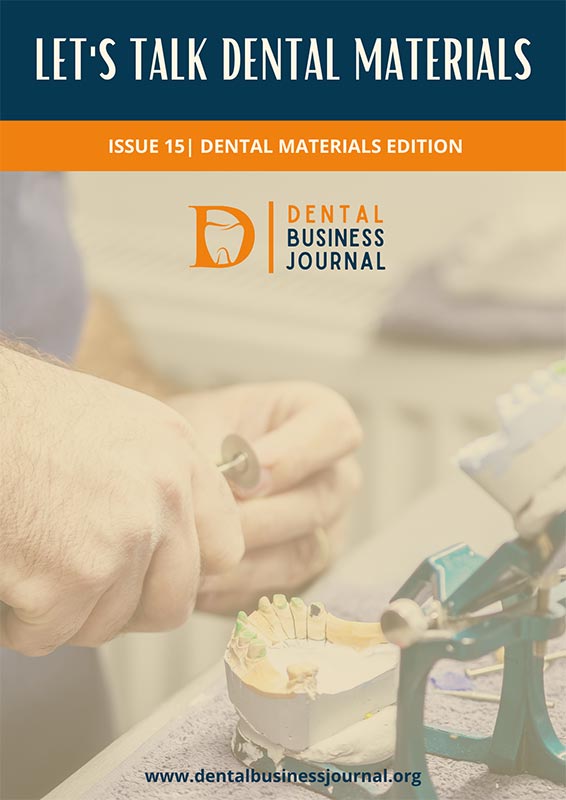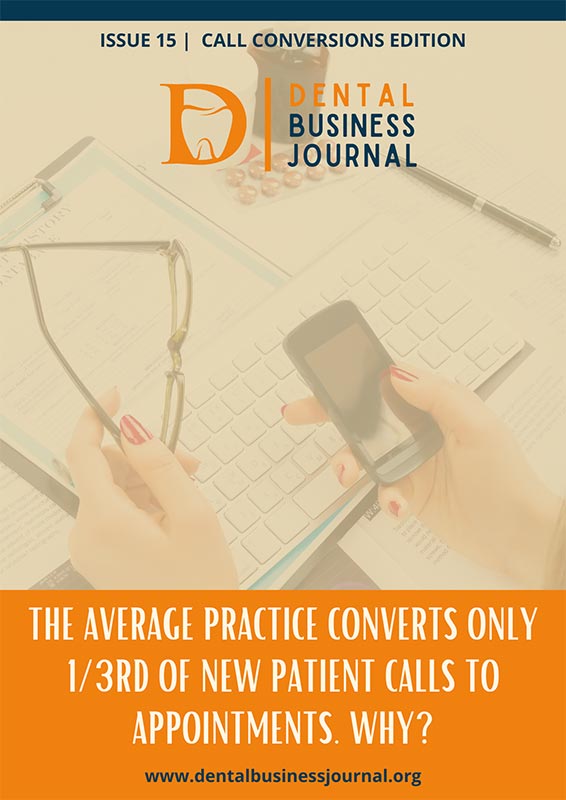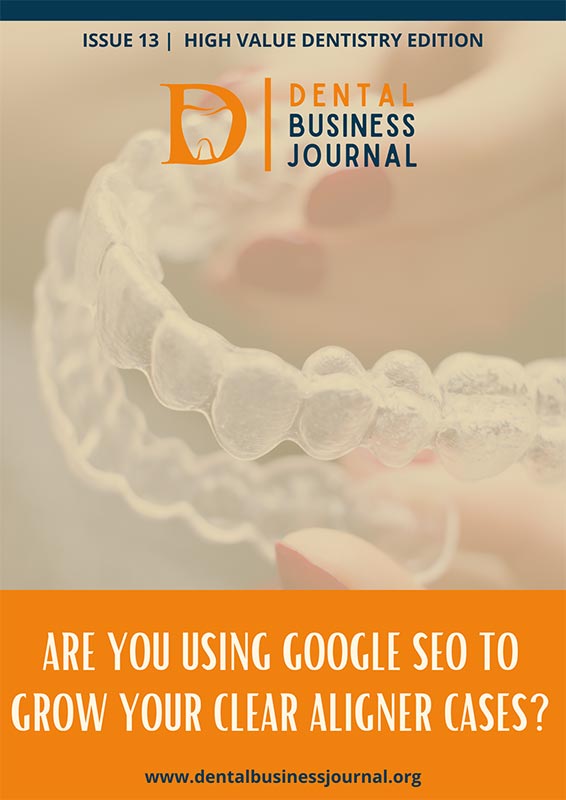Replace PPO with Google
Many dental practice owners have turned to PPO plans to seek ways to attract patients and grow their practice. However, while these plans can offer a more extensive patient base, they often come with significant write-offs that can add up over time. As a result, practice owners are exploring alternative strategies for attracting patients, including Google. In this week’s edition, we’ll explore the pros and cons of replacing PPO plans with Google and provide tips for making the transition smooth and successful.
Why is PPO Write-off considered a marketing expense?
In exchange for participating in the PPO network to have a steady flow of patients, PPO contracts compel practices to accept a fixed fee schedule for certain services or procedures when treating patients covered by the plan. In addition, these contracts also require practice owners to write off a portion of those fees as a contractual adjustment for patients they cover. Also, keep in mind that the fixed fees and write-offs apply for as long as the patient is getting care from the particular practice while covered by the PPO plan and not just for a one-time visit or treatment. PPO plan sends you new patients and in exchange, you accept a lower fee versus your usual and customary fee from those PPO patients, as explained above.
Therefore PPO write-off is a marketing expense.
What percentage of revenue does a PPO-dependent practice typically spend on PPO write-offs?
For most dental practices, PPO plans can make up a significant portion of their patient base, sometimes as high as 80%. And the number of write-offs under these plans can also be quite significant, typically around 45%. Therefore, a dentist may end up losing close to half of their revenue due to write-offs every year. While PPO plans can provide access to a larger patient base, the associated write-offs can be a significant expense over the long term, potentially costing millions of dollars over the course of a dental career.
How much do Google Ads cost versus PPO?
Let’s say a dental practice loses $400,000 each year due to PPO write-offs. If they decide to replace PPOs with Google Ads as their primary way of attracting patients, it could cost them around $50,000 annually. While this may seem like a big improvement over the write-off expense, it’s still a considerable cost in the long run. So using Google Ads as the alternative for PPO plans is not the smartest choice you can make.
Is google organic the most cost-effective way to get new patients?
When it comes to attracting patients to your dental practice, you may be considering various options, including Google Ads and Google SEO. While Google Ads can be effective, it’s important to note that they come with a cost. On the other hand, Google SEO traffic is free and has the added benefit of being trusted more by users than ads. In fact, it can take up to 5-6 ad visitors (clicks) to have the same impact as one click on organic search results. This means SEO done right is usually the most cost-effective option. If you have a strong and consistent marketing plan in place, you can outperform your competition through Google organic search. Therefore, if you have the ability to optimize your website for Google organic traffic, it’s definitely worth pursuing.
Our role in helping you dominate Google.
If you want to evaluate how well you’re doing in terms of dominating Google search results, it’s important to reflect on your current strategy. To help with this process, we recommend scheduling a free marketing strategy meeting with EKWA. Before the meeting, a specialized team will conduct extensive research for 4-6 hours on your performance, competitors, website optimization, and more! Additionally, EKWA will provide you with a 12-month plan (worth $900) at no cost.
Do you want to listen to the official podcast episode of this journal?
Watch the full interview on YouTube!
Subscribe and get notified of more episodes like this!



